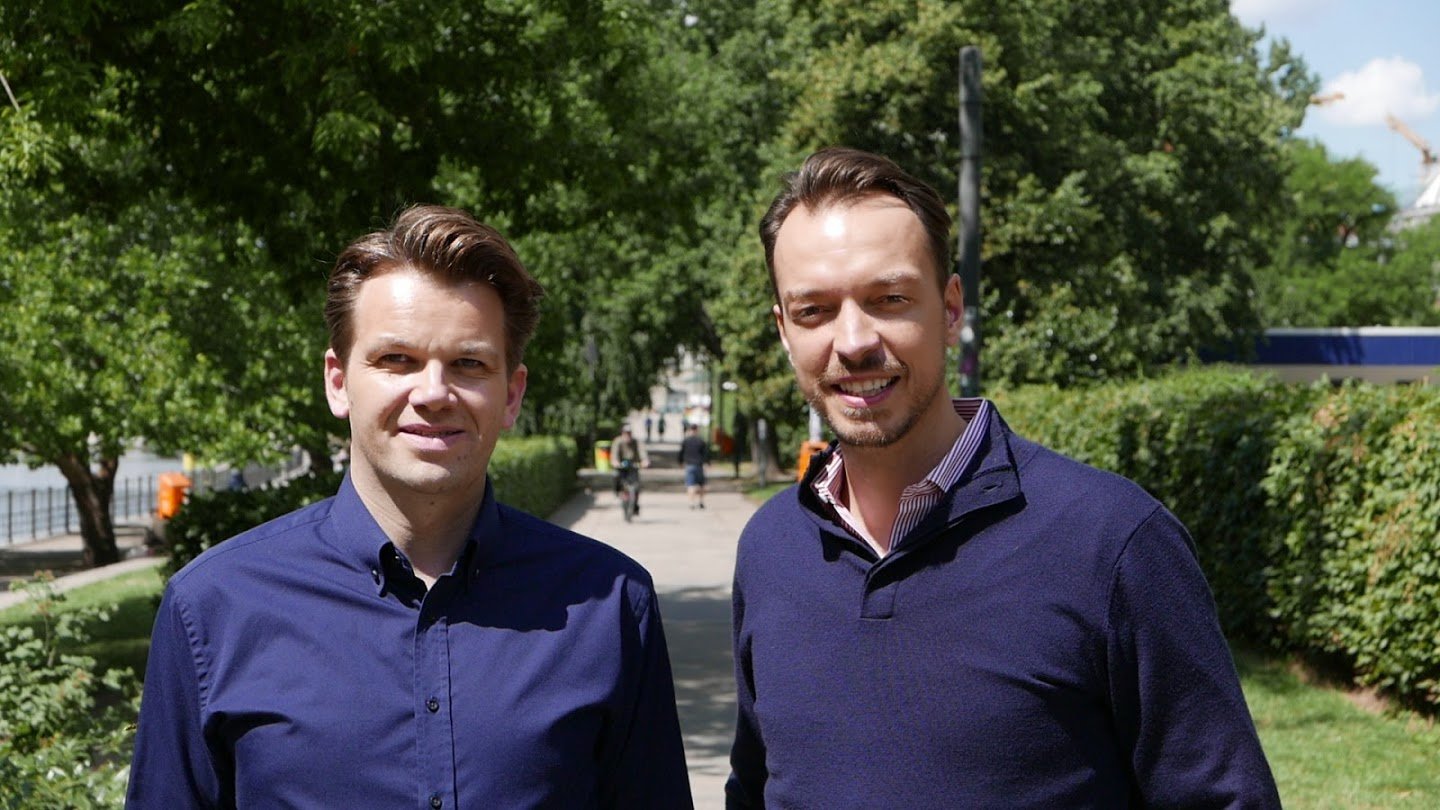Exclusive: Mika, an app assistant to cancer patients and their families, has closed a seven-figure sum financing round. The capital comes from Ananda Impact Ventures and VC Fonds Technologie Berlin, managed by IBB Beteiligungsgesellschaft, and will be used to finance a number of clinical studies as well as further development of the interactive digital companion app.
Cancer is not a disease that we only hear on television or read about on the Internet. On the contrary, it remains one of the world’s greatest challenges for both medicine and society worldwide, while affecting the lives of millions of people every year.
According to the WHO, 18.1 million people were diagnosed with cancer in 2018. In Germany alone, roughly every second individual will suffer from cancer in the course of their life. The treatment often takes a long time, and puts extreme mental pressure on the patients and their close ones. Worldwide, the total number of people who are alive within five years of a cancer diagnosis, called the five-year prevalence, is estimated to be 43.8 million — in their journey, they all need someone, or something, that will answer their many questions and accompany them in the struggles they face during cancer therapy.
To help these people, Dr Gandolf Finke and Dr Jan Simon Raue founded Mika in 2017, and developed an app for patients and their relatives in cooperation with the Berlin university hospital Charité and University Hospital Leipzig. The team consists of software developers, designers, therapists, and physicians, and also draws on its own experience; many employees are former cancer patients themselves, or have relatives who suffer from cancer.
Dr Gandolf Finke, co-founder of Mika, shares more about the reasoning behind creating the digital companion for cancer patients: “There’s a personal story to it. Both my cofounder’s and my personal environment was affected by cancer, and we saw from very close how these people are suffering from not just the therapy but also the mental burden that goes along with the diagnosis and with the cancer treatment.”
Mika stands for “Mein interaktiver Krebs-Assistant” (“My Interactive Cancer Assistant”), and accompanies patients through therapy with a specially developed support program that is personalised based on the patient’s situation. Developed together with physicians and psycho-oncologists, the app provides information on diagnosis and treatment options, nutritional advice, relaxation exercises and concrete support for everyday living with cancer.
Dr Finke explains: “It is a native app that combines two different elements. One is monitoring — understanding patients’ personal situation and their state, and the second part is the coaching element, where Mika offers a personal digital support to help people with cancer deal with their situation — to manage symptoms that accompany the treatment, alert them when they need to see a doctor. Our team of data scientists are working together on the recommendation algorithms to make sure that the right patients get the right content for their situation.”
In addition to valuable background information and motivating stories from former patients, users can utilise Mika to document their physical and mental wellbeing, complaints and side effects in a patient diary, which they can reference in later discussions with their physicians. The patient takes centre stage and is actively integrated in the treatment process using digital technology.
“We want to invest in companies that empower the patient,” emphasises Dr. Aline Vedder from Ananda Impact Ventures, in regards to the recent investment.
“Ultimately, Mika aims to give people greater control over decisions and actions affecting their treatment process. This shift is due in large part to the use of digital technology that facilitates access to information,” adds Vedder.
The infusion of capital from the financing round will be used to conduct a clinical study and to further develop the app, so in the future it can respond to individual patients in an even more personalised manner using artificial intelligence. The new round of funding also coincides with the passing of the German Digital Healthcare Act (Digitale Versorgung-Gesetz, DVG), which represents a decisive turning point in the German digital health market. As digital health solutions like Mika can now also demonstrate their influence on therapy outcomes in clinical studies, they are increasingly regarded as an important component of care, and are subject to medical device law. The DVG will enable physicians to prescribe these digital therapeutics, and health insurance funds to reimburse their purchase.
“We’re fully aware that we can’t cure cancer, but we’re taking a role to support the therapy, not to replace it,” concludes Dr Finke, hoping to improve the lives of millions of people suffering from cancer with the use of technology.



Would you like to write the first comment?
Login to post comments